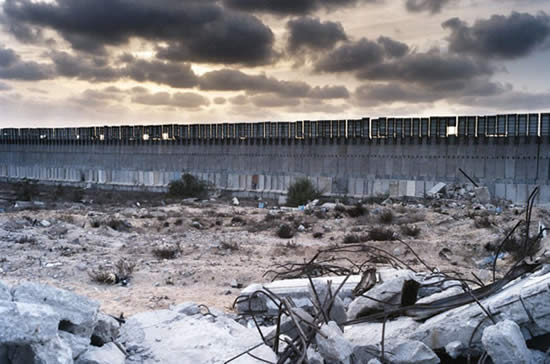Obituary of T. Alias Taib
Read by Chris Merrill at the start of the 2004 residency, in memoriam
He constantly confessed that he was “uncomfortable” with language.
Poetry, he said, occurred when he was having a “quarrel with words.”
So when he set words on paper, they emerged awkward, idiosyncratic, highly personalized.
Perhaps natural to one born in a landscape dominated by the sea, the poetic life of Tengku Alias Taib was professedly full of “possibilities…limitless.”
He was often found quoting lines from his beloved Vicente Huidobro, “May my verses be like a key; That opens a thousand doors.”
But he was never prone to singing.
He opted, instead, for the staccato sentence, the jerk of an incident, senselessness of an uncommon experience.
And everywhere in his poetry is detail, a relentless digging.
He took on the dictum of Ezra Pound ~ “make it new!” ~ seriously; for he was born into a language that had still not “grown up.”
He held the pastoral evocations of old Malay close to his heart, loved its principal form ~ the pantun ~ yet strove to put the language on trial.
Like many among his generation Tengku Alias Taib broke away from the safe confines of small town life in Kuala Terengganu, on the east coast of the Malay Peninsula, to “taste the life of the city.”
That city was Kuala Lumpur, recalled so fondly by Andre Gide as Kuala L’impure.
In a moment a rare autobiographical reflection of days in a small town, he confessed, “I could never stay out after midnight. My mother would have a fit.”
So he attacked the city, “staying out late; smoking cigarettes and drinking coffee,” perfecting the subtle art of the prowler and the voyeur.
Strange things happened with this dislocation ~ mirrors talked back, whores beckoned, still-life’s moved, worlds shattered…
And all the while, he was discovering a language, shaping and forging it as he went along.
Modern Malay poetry began with two principal figures ~ the marvelous painter poet Latiff Mohidin who, as a student in Germany, began writing poems, in Malay, in the shadow of Trakl and Rilke; and Tengku Alias Taib, who looked further West, to the America he would now never see.
William Carlos Williams transformed his life. “That Wheelbarrow poem,” he would often say, and fall silent.
He repaid the debt, did a version of “that Wheelbarrow poem” in Malay.
Even as his poetic concerns and subjects shifted, he remained faithful to the seeds of candor and directness sown by Dr. Williams.
“He could make a poem out of anything,” Tengku Alias said of Williams.
And this he tried to emulate.
To “make a poem out of anything” the poetic life had to be one of loops ~ directionless and discursive.
“I never follow the straight path,” he would often say. “My path is crooked.”
Perhaps he embraced this notion all too tightly; for on Tuesday, 17th August 2004, having celebrated the marriage of his eldest daughter the Sunday before and preparing to join you all at the IWP, Tengku Alias Taib suffered a heart attack in the middle of the city, yet chose, again, to embark on the “crooked path” ~ a bus ride and a several meters walk ~ to return home.
He died while saying evening prayers.
A more direct path to the other place could not be found…
What could be said of his poems?
What was once said by another (American) poet he so deeply loved. From Carl Sandburg;
“Poetry is the opening and closing of a door, leaving those who look through to guess about what is seen during a moment.”
4.1 Spring 2005
-
Chris Keulemans, "Imagination Behind the Wall: Cultural Life in Ramallah"
-
Harish Trivedi, "Translating Culture vs. Cultural Translation"
-
Mohammad Rafiq & Carolyn B. Brown, "Open Poem" & Selections from Bishkale Sandya
- "Open Poem"
- Glossary to "Open Poem"
-
Selections from Bishkale Sandya
-
T. Alias Taib: In Memoriam
- Obituary of T. Alias Taib
-
Three Poems by T. Alias Taib
- "People's poet T. Alias Taib dies"



